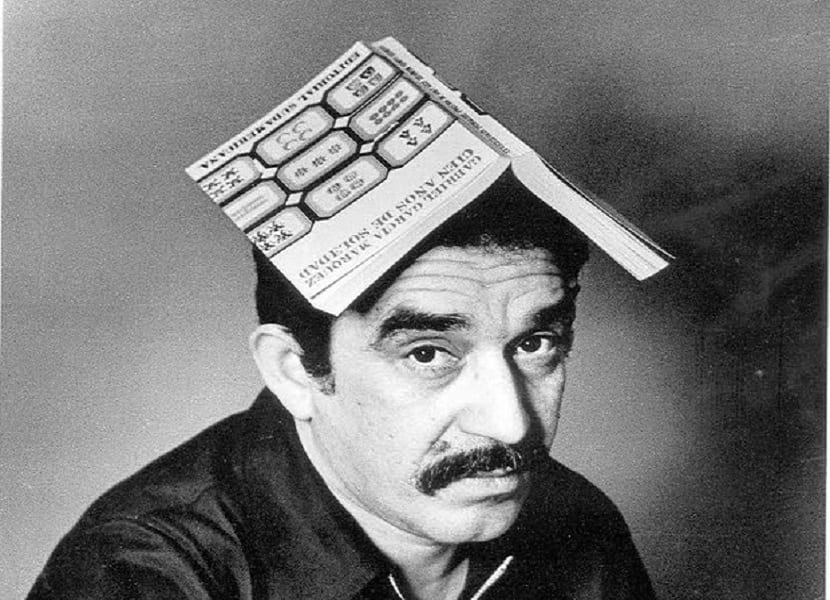
For some time now I wanted to write about a somewhat specific topic, perhaps even twisted, but that for some time has been visiting me on occasion.
When we talk about literary classics, there are titles such as The Odyssey, One Hundred Years of Solitude, The Grapes of Wrath and a long list of books among which, curiously, there are few or rather none published during the last thirty years. In fact, you just have to see lists like 100 best books in history or 100 best books according to X publication.
And that's when the question of if literary classics will exist again.
Call it a best-seller

Until a few years ago publishing your work was not so easy. Publishers became the only filter for new authors and the media did not have Twitter, Facebook and other tools that became our daily bread. An a priori panorama much less enriching but that, even so, offered literary classics, books that transcended over time, that readers insisted on making shine above others.
Since ancient times we have kept Homer's Odyssey, in the 10s Joyce's Ulysses opened new doors, in the 30s Las uvas de la ira would become a reference for a generation, in the 60s Gabriel García Márquez would define Latin America in a single book with a hundred Years of solitude and then, well, afterwards we've had great books, but few of them will be accompanied by the word "classic."
Instead, today there is best sellers and most of them are repudiated by those who consider themselves lovers of literature (from Gray and his shadows to the vampires of Twilight, Harry Potter being one of the few exceptions). And the curious thing about it all resides in the fact that we live in a time in which the great possibilities for authors to publish or find books to highlight are immense, but even so we continue to resort to the classics as references of a literature that has changed a lot of.
Possibly parents stopped giving their literary treasures to their children, perhaps consumption habits have altered such acknowledgments or we may need many more years to get to the point of looking back and recognizing a classic (it would be logical, but sometimes I'm not so sure).
The worst of all is not that there are no good books (which there are), but that there are good books that are not recognized as classics, but simply as commercial.
And it's not the same.
This post is not about changing the world but simply asking questions, so the comment box is all yours.
Hugs.
PS: A few months ago I wrote about 5 literary classics of the XNUMXst century, as a personal compilation of what could be considered quality or transcendent literature. But it was just my opinion, not the world's.
I agree. Greetings